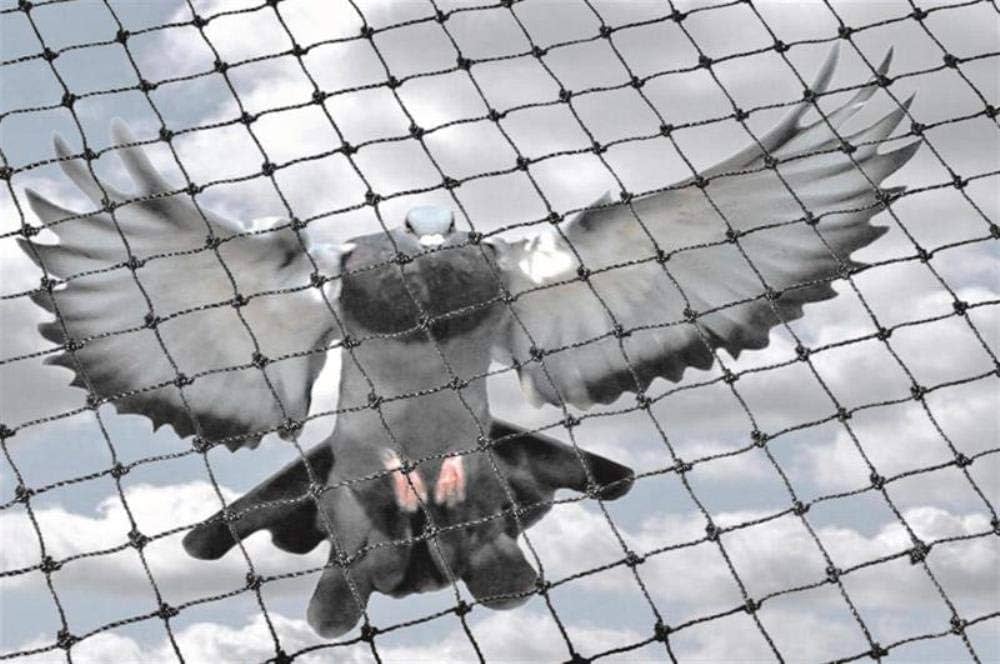Pigeon Nets for Balcony: A Comprehensive Overview
Pigeon nets for balconies are an effective and widely used solution to keep these birds from invading living spaces. Pigeons, while often harmless and part of urban ecosystems, can cause a range of issues, from hygiene concerns to structural damage. Let’s delve into why these nets are important, their benefits, types, and considerations when installing them.
Why Use Pigeon Nets for Balconies?
Balconies are open spaces that attract pigeons seeking shelter, nesting sites, or food. However, their presence can lead to:
- Hygiene Issues: Pigeon droppings can accumulate quickly, creating an unhygienic environment. The droppings may harbor bacteria, fungi, and parasites harmful to human health.
- Structural Damage: Pigeon droppings are acidic and can corrode building materials over time, causing long-term damage.
- Noise and Disturbance: Persistent cooing sounds can be a nuisance, especially in residential areas.
- Allergic Reactions: Some individuals may experience allergies due to pigeon feathers or droppings.
Benefits of Pigeon Nets
- Effective Bird Deterrent: Pigeon nets block entry to balconies, preventing pigeons from roosting or nesting.
- Durable and Long-lasting: High-quality nets are designed to withstand weather conditions like rain, sun, and wind.
- Aesthetic Appeal: Modern pigeon nets come in colors like white, black, or transparent, blending with the building’s design.
- Eco-Friendly: Nets deter pigeons without harming them, offering a humane solution.
- Easy Maintenance: Once installed, pigeon nets require minimal upkeep.
Types of Pigeon Nets
- Polyethylene Nets: These are lightweight, UV-stabilized nets resistant to weathering and durable for long-term use.
- Nylon Nets: Strong and flexible, nylon nets are a cost-effective option for residential and commercial spaces.
- Steel Wire Nets: These are more robust and suited for areas with heavy pigeon activity or larger openings.
- Transparent Nets: Designed to blend with surroundings, they provide a nearly invisible solution without compromising aesthetics.
Installation Considerations
When installing pigeon nets for balconies, keep the following in mind:
- Proper Measurements: Ensure the netting covers all entry points, including gaps and corners.
- Professional Installation: Hiring experts guarantees a secure and neat setup, preventing gaps or loose fittings.
- Material Quality: Opt for UV-stabilized and weather-resistant materials for durability.
- Accessibility: Ensure windows or other access points remain usable post-installation.
- Regular Inspections: Periodically check the net for tears or sagging to maintain its effectiveness.
Cost of Pigeon Nets
The cost of pigeon nets varies based on material, size, and installation complexity. Basic nylon nets might cost less, while steel wire or custom-designed transparent nets can be more expensive.
Conclusion
Pigeon nets for balconies are a practical and efficient way to maintain a clean, peaceful, and hygienic living environment. They provide a long-lasting solution to pigeon problems without harming the birds, making them an eco-friendly choice for urban dwellers. By selecting the right type of net and ensuring proper installation, homeowners can enjoy their balcony spaces without the intrusion of unwanted guests.

